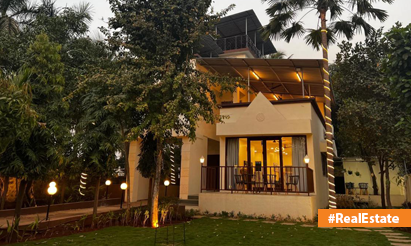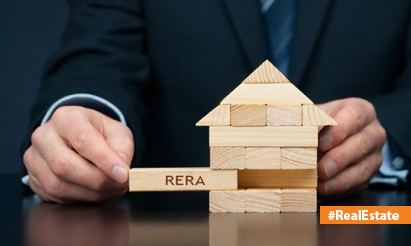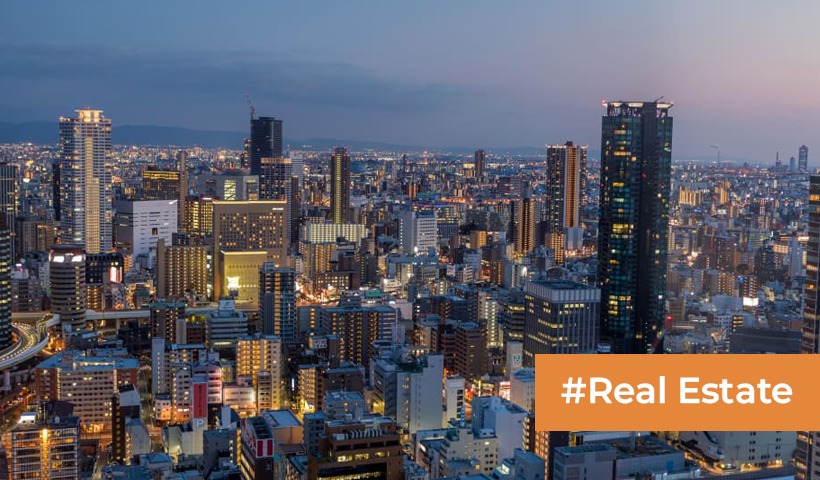Is it acceptable for a developer to sell a building’s terrace area?
A terrace or rooftop is a common location in a residential community that is for the use and pleasure of all of its residents. Although it has been apparent that many builders promote or grant special terrace privileges in exchange for cash, the practice is prohibited.
It is illegal in the eyes of the law for one person to use the rooftop against the interests of other residents. If residents decide to file a criminal complaint, the developer and the offending resident may find themselves in hot water.
The common areas, such as the networking hall, the play area, the garden, the stairs, the terrace, and the elevators, should be made open to all unit owners without regard to ownership. Additionally, any profits or money arising from the use of such common areas should be evenly distributed among all of the flat owners, just as any costs associated with maintenance, replacement, and renovation of such common areas must be shared by all of the flat owners.
It has frequently been seen that officials in the citizens’ welfare groups misappropriate common areas for themselves or their associates. It must be noted that neither the developer nor the society control can set restrictions on the use of the society’s commonplace places.
It has been observed that many residences have terraces on certain floors, in addition to the main patio on the top floor. Developers frequently deceive the public to sell those terraces to the owners of the nearby apartments and earn huge profits. However, this is also in line with the law. However, all other terraces are for common use only. A terrace that is only accessible from a flat and is not constantly accessible from the common areas should only be supplied to the flat owner.
The Floor Space Index (FSI) of an apartment does not necessarily include a patio because of the same reason. The reason is that it cannot be bought or sold.
A prime example is the historic ruling handed down in the matter of Sri Ramagauri Keshvlal Virani vs. Walkeshwar Triveni Co-Operative Society. In this instance, in addition to the main terrace on the eighth floor, there was a pocket terrace on the fifth and seventh floors of the building. The owner of the apartment on the seventh floor had doors leading into the terrace, but he had also purchased the terrace from the developer. He claimed that the terrace’s accessibility to other residents may invade his privacy and endanger his safety. However, the court ruled that because the tiny patio was no longer only attached to his apartment and had a common entrance, its usage was no longer prohibited.
Numerous national laws also primarily permit the use of terraces. For instance, the objective is made very plain in the Maharashtra Ownership of Flats Act, 1963 (“MOFA”) in Sections 4(1A) (a)(iii), (viii), and (x). According to this, a developer does not have the right or power to advertise the terrace to any individual because it is generally available for use by all residents.
The public can complain to the developer by going to the Consumer Forum, and they can complain to the society officers by going to the Registrar of Societies. Additionally, residents have the option to submit a civil dispute in a court of law.
Disclaimer: The views expressed above are for informational purposes only based on industry reports and related news stories. PropertyPistol does not guarantee the accuracy, completeness, or reliability of the information and shall not be held responsible for any action taken based on the published information.




